—By Olivia Lagoy-Weltz
In the past year, several friends and clients have approached me asking, “Do I ever do investment horses, and are they a good idea?” The answer is yes, and horses can be a great investment, but as with most investments, there is no guarantee of success. It can be a roll of the dice—but there are several considerations that can set you up for success.

There are multiple avenues to invest in horses, and it’s important to figure out which way interests you in particular. The two main categories are: (1) investing with the intent to resell and make money, and (2) investing with the intent to keep the horse long term to achieve certain goals (whether to reach Grand Prix, compete in the World Cup, or even become a team horse for the PanAms, World Equestrian Games, or Olympics). The two are not always mutually exclusive, for example, you can invest in a horse, keep it for a few years, train it, show it to a certain level, and then sell it. There are many roads to Rome, so to speak.
Before getting into any horse investment situation, regardless of which category you fall into, it’s important to remember that horses are delicate and unpredictable animals. Things can go wrong a million different ways, so the first and best piece of advice I can offer is, don’t invest money that you can’t afford to lose. Even the most seasoned horse salespeople are going to have a certain number of horses that don’t work out as hoped. Being realistic and covering your bases with insurance and the right kind of paperwork are therefore very important. Having said that, investing in horses can be a great way to make money and participate in the sport.
If you are looking to invest in horses with the intent to buy them and resell them for a profit, the most important thing is knowing your market, and being able to pick out appropriate horses for that market. In an ideal situation, you have buyers/investors already lined up telling you exactly what they want. When it comes to finding the “perfect” horse, many people who do this as part of their business model develop longstanding relationships with contacts in Europe who help them scout horses for this purpose.
There is also an increasing number of American breeders producing top-quality horses with whom you personally can build longstanding relationships (see American Bred in this issue). Regardless of where you shop, to be successful, it’s important to find the right combination of age, training, rideability, potential for development, price, and positive vetting.
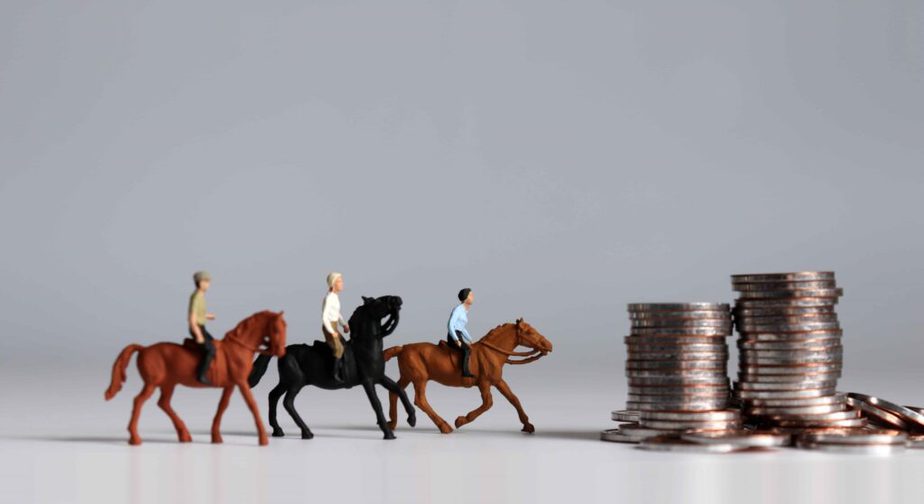
If you are not a trainer yourself but want to partner with a trainer to invest in horses to resell, then do your best to work with someone you get along with, whose style you like, and who has a good track record of improving and/or selling horses (ideally both). While you shouldn’t shy away from working with up-and-coming talent, a big part of selling horses is a well-developed reputation and a good network.
Fortunately, social media has made it very easy to reach a much larger audience, so it has become far easier to sell a good horse (or just about anything) without having a big network. Having said that, the reputation someone has for selling nice (and expensive) horses often makes the difference in the type of client/buyer that comes to look at your horse, so there are many factors to weigh out.
If you are looking to invest in something long-term to achieve certain goals, the criteria for finding a horse are similar, but owning and maintaining the horse may be different. You can invest directly with a rider or through a syndicate. A syndicate is a mechanism used to jointly own a horse where two or more investors form a corporation (usually a limited liability company or “LLC”) around the horse and each investor owns a “share” of that horse.
Investors typically like to do this to organize the details of ownership, provide a tax structure for future filings, and to protect their personal assets in the event things don’t go as planned. Both are good options depending on your personal situation. The biggest key is to sit down and understand what everyone is looking to get out of the experience and to make sure everyone’s goals are aligned.
Be sure to put things in writing. Putting things in writing is a good idea in both types of investing and any type of co-ownership. While historically, a lot of successful deals have been made on a handshake or verbal agreement, I recommend at least a basic contract outlining responsibilities to help everyone navigate the partnership successfully. In the case of syndication, it’s a bit more complicated. It may be helpful to consult a lawyer, preferably one experienced with the horse industry, to help form the syndicate corporation and draft the “operating agreement” that will set out ownership details and parameters.

There needs to be a plan for when things go right (everything from how to split the monetary winnings to who gets to keep the ribbons?), but also for if things go wrong (who pays the vet bill or the cost of major medical and/or life insurance?). Having these plans in place can make a world of difference if/when the need arises. As a rider, it’s important to know and understand what your owners/investors expect to get out of the experience.
As an investor, it’s important to know and understand what your responsibilities are. These situations often come with high expectations and a lot of responsibility. Of course, it’s paramount for the rider to produce the horse, but it’s also important for everyone involved to establish and keep good communication in order to develop and foster a solid working relationship.
Last but not least, you’re going to want a good accountant, ideally one who has some familiarity with the horse industry. In reality, from the perspective of the IRS, it’s technically impossible to co-own a horse with another person other than a spouse. This is where syndicate LLCs become a reality. There are a lot of interesting and complex tax codes that surround the horse business, and important factors that delineate your horse business from a hobby farm in the eyes of the tax collector. I highly recommend having a professional on hand to help you navigate this world effectively.
If you’re considering investing in a horse, or seeking out investors for a horse, make sure you set yourself up for success. The key points to success:
- Don’t invest with money you can’t afford to lose
- Know your market
- Be clear on your goals
- Pick an appropriate horse for your market and goals
- Put it in writing
- You may need an equine lawyer
- Have a good accountant
If you check all these boxes, you’ll stack the odds in your favor. Are you ready to roll the dice?
Read more articles by Olivia here.
FEI rider Olivia Lagoy-Weltz is a USDF bronze, silver, and gold medalist. Her earlier experience includes working for and riding at several top barns in Holland and Germany. Olivia is currently competing her own Rassing’s Lonoir (“Lono”) on the CDI circuit in Wellington, Florida and throughout Europe. Most recently, USEF selected Olivia as Team USA’s traveling alternate for the World Equestrian Games, Tryon 2018.





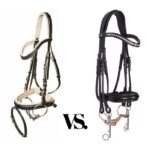


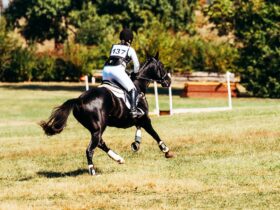

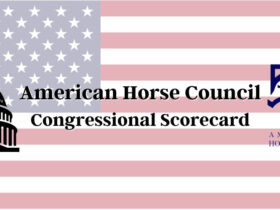
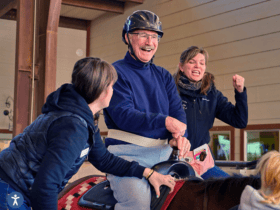





SOCIAL